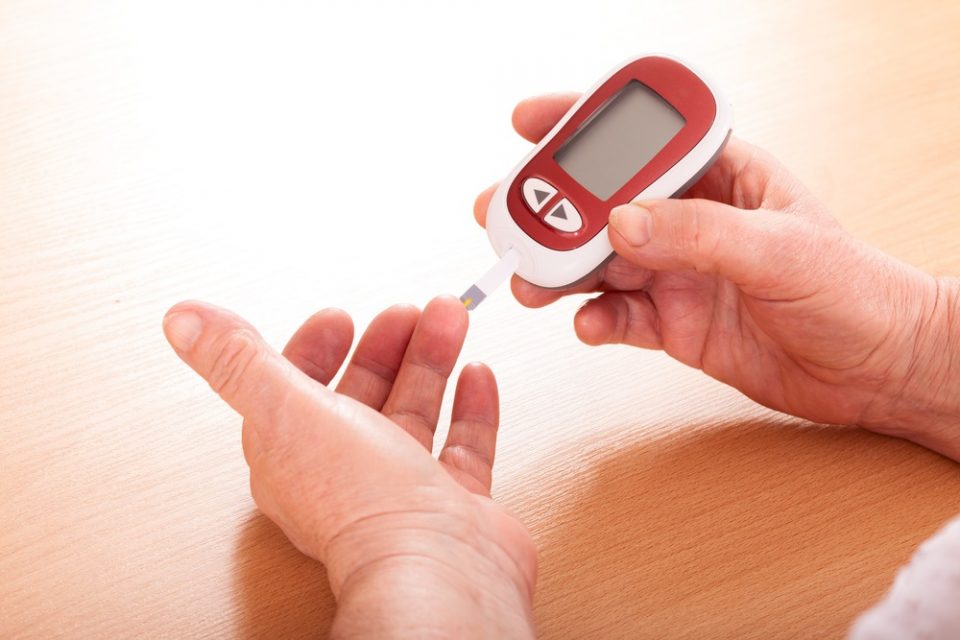If you are one of the millions of Americans living with diabetes, you know that it can sometimes feel like a challenge to constantly look for signs of low blood sugar and to manage the disease as a whole. Controlling diabetes is a balancing act in three ways: the food you eat, the medications you take, and the amount of exercise you get, all of which are in sync.
In type 1 diabetes, it is important to keep blood sugar levels stable, as too much or too little sugar in the body (such as high or low blood sugar levels) can drive up blood sugar levels. Some diabetics also monitor their carbohydrate intake, as carbohydrates can greatly increase blood sugar levels and cause diabetes. Carb counting is really important for those who have diabetes, because it is crucial to keep blood sugar levels as constant as possible. If you have diabetes, try to track the carbohydrates you eat throughout the day and with every meal.
Your ABC goals depend on how long you have diabetes and how hard it is to cope with it, but diabetes management requires constant attention and awareness. If you know all the factors that contribute to the rise and fall of blood sugar levels and make changes with the help of your diabetes health team, you will have a much better understanding of how you control and manage diabetes. Check your blood sugar levels frequently: your Diabetes Health Care team will help you determine when, how often and what to do if they are controlled. Sources:
Checking and keeping records of test results: Checking with blood glucose meters and recording the test result is very important. This helps your diabetes health team make changes to the diabetes management plan if necessary. Keep a blood sugar diary: When you keep a blood sugar diary, you can see patterns in your blood sugar that can inform your diabetes care teams about the treatment changes needed to improve management.
If you check your own blood sugar level at home or use a continuous glucose meter (CGM), your doctor or diabetes team may arrange a special blood test known as hemoglobin A1c. This will give your doctor a better understanding of how your diabetes is managed and recommend changes if they are needed. If you are working with your doctors to develop a treatment plan for diabetes, you can also create your blood glucose test plan. Ask questions about how and when you will be tested for blood sugar and how you can use the results to treat diabetes.
Diabetes education helps people with diabetes to learn how to deal with their disease and be as healthy as possible. The aim of this educational programme is to enable people to learn that they can lead an active and healthy life without diabetes. To learn more about treating diabetes, sign up for the Diabetes Education Program at your local health care provider or work closely with your health care team.
For example, diabetes educators explain how foods affect blood sugar, give specific instructions for the correct medication intake, give advice on how to reduce the risk of diabetes – associated complications – and give tips on what to eat sustainably and how diabetes affects people. Experts in diabetes management clinics will explain what healthy eating is. For more information, please contact your local health care provider. If you have questions about how to control diabetes or how to eat and exercise, you should talk to your doctor or a registered dietitian who specializes in your disease.
Overall, a tasty, nutritious diet can help control diabetes, minimize blood sugar fluctuations, help dogs maintain a healthy weight and manage insulin resistance. Exercise increases the body’s insulin sensitivity and counteracts insulin resistance. An additional benefit for people with diabetes is the reduction of blood sugar levels and diabetes complications.
Knowing the glycemic index of foods can help you make better dietary choices and manage diabetes. If you have type 2 or are overweight, it is important to find ways to lose weight, especially if it really improves your diabetes management.
People with diabetes should try to eat more low-glycemic foods to avoid blood sugar spikes, but not all should be cut out. This is important for diabetes management, especially if your diabetes treatment means getting hypo or using sugary drinks to treat hypotheses. Diabetes is a great app to start using if you have recently been diagnosed with diabetes. Although not specifically designed for people with diabetes, the app is very useful for diabetes management due to its flexibility and can be easily adapted to your dietary needs if it is not intended for you.
One of the most popular ways to track blood sugar levels is a small book that records your diet, exercise and medications, as well as other important information such as blood sugar levels. Successful management of diabetes means finding out how what you eat and enjoy, but also when you eat, affects blood sugar levels and overall health, including mood. By tracking blood sugar levels, meals, exercises, medications, etc., people with diabetes can collect and manage a lot of important information related to their condition. It provides all the basic information you need to know about which foods to avoid, how to control your blood sugar and how it changes over time.

